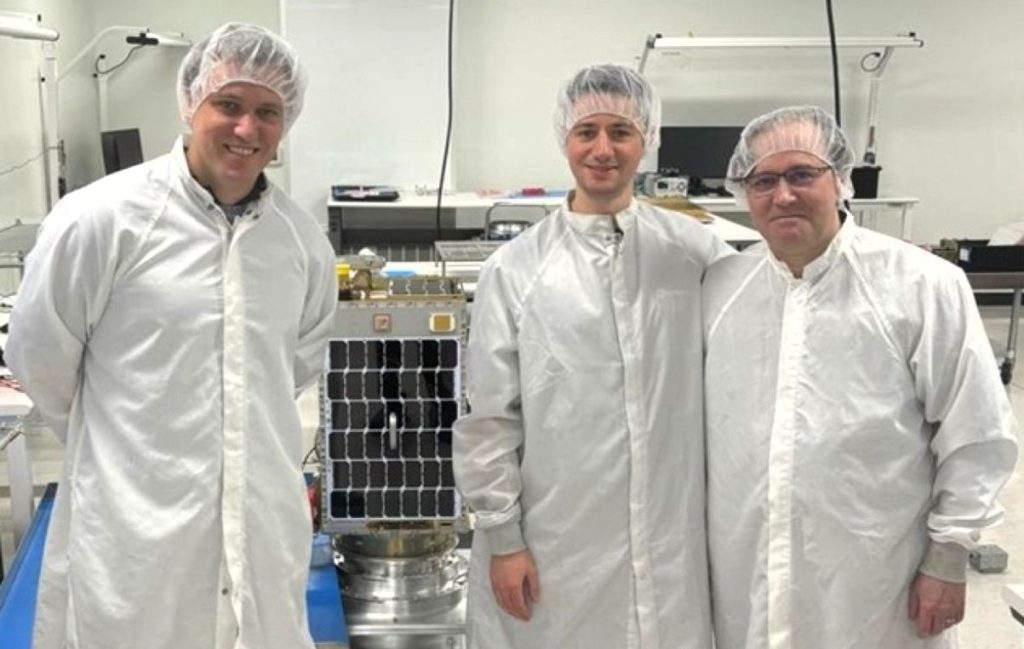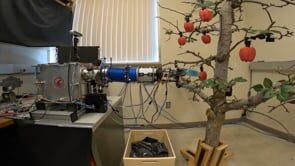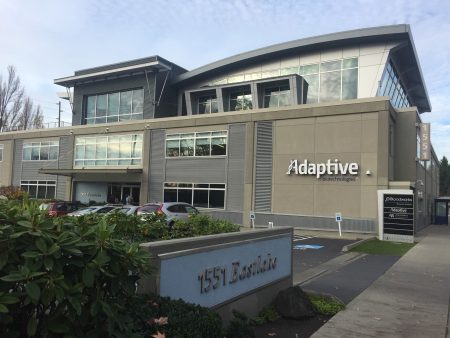Lumen Orbit, a Bellevue, Washington-based startup, has secured significant funding to advance its ambitious goal of establishing data centers in space. These orbital data centers are designed to provide processing power and support AI services for terrestrial applications. Having recently emerged from the prestigious Y Combinator accelerator program, Lumen Orbit has garnered considerable attention from investors, raising $11 million in a seed round following a $2.4 million pre-seed round earlier this year. This latest investment reflects a valuation of $40 million and underscores the growing interest in space-based infrastructure for data processing and AI. The company’s vision is to create a network of data centers in orbit that can process information collected by other satellites, effectively transforming space into an extension of Earth’s computing capabilities.
This substantial investment follows a competitive fundraising process, with Lumen Orbit reportedly engaging with over 200 venture capitalists. NFX spearheaded the seed round, with participation from Seattle-based FUSE, Soma Capital, and scout funds affiliated with Andreessen Horowitz and Sequoia. This diverse group of investors signals confidence in Lumen Orbit’s innovative approach and its potential to address the escalating demand for data processing capacity, particularly in light of the ongoing AI boom. The company’s unique selling proposition lies in its ability to process data directly in space, thereby reducing the need to transmit massive amounts of raw data back to Earth, leading to significant cost savings and latency reductions.
Lumen Orbit’s founding team brings a blend of experience from prominent companies and institutions. CEO Philip Johnston’s background encompasses both management consulting at McKinsey & Co. and entrepreneurial ventures in e-commerce. Chief Technology Officer Ezra Feilden contributes expertise in space systems engineering, having worked at Oxford Space Systems and Airbus Defense and Space. Chief Engineer Adi Oltean’s experience includes a pivotal role at SpaceX’s Starlink facility in Redmond, Washington. This combined expertise positions the company well to navigate the complexities of developing and deploying space-based technology.
The core concept behind Lumen Orbit’s technology is to leverage the unique environment of space to perform computationally intensive tasks, specifically AI processing. Satellites equipped with GPUs will receive raw data from other satellites, process it onboard, and then transmit the refined insights back to Earth. This approach addresses the growing bottleneck of downlinking vast amounts of raw data, which is both costly and time-consuming. By performing the processing in space, Lumen Orbit aims to drastically reduce the bandwidth requirements and latency associated with traditional data transfer methods.
Lumen Orbit is not alone in pursuing this vision of space-based data centers. Other entities are also exploring similar concepts, highlighting the growing recognition of space as a viable platform for data processing. The European Union-funded ASCEND project is investigating the feasibility of a fleet of orbital data centers, with Thales Alenia Space playing a key role. Furthermore, Axiom Space, in collaboration with Kepler Space and Skyloom, plans to incorporate a data center into its first space module, slated for launch between 2026 and 2027. This emerging competition underscores the potential of the market and the race to establish a presence in this new frontier of computing.
Lumen Orbit’s ambitious timeline includes the launch of a full-scale prototype in 2025. This aggressive schedule emphasizes the company’s commitment to rapidly developing and deploying their technology. With a strong leadership team, substantial funding, and a clear vision, Lumen Orbit is poised to become a key player in the nascent space-based data processing industry. The convergence of the AI boom and the growing accessibility of space technology creates a fertile ground for innovation, and Lumen Orbit is positioned to capitalize on this opportunity, potentially revolutionizing how data is processed and utilized. The company’s progress will be closely watched as it strives to bring its vision of orbital data centers to fruition, potentially ushering in a new era of computing.















